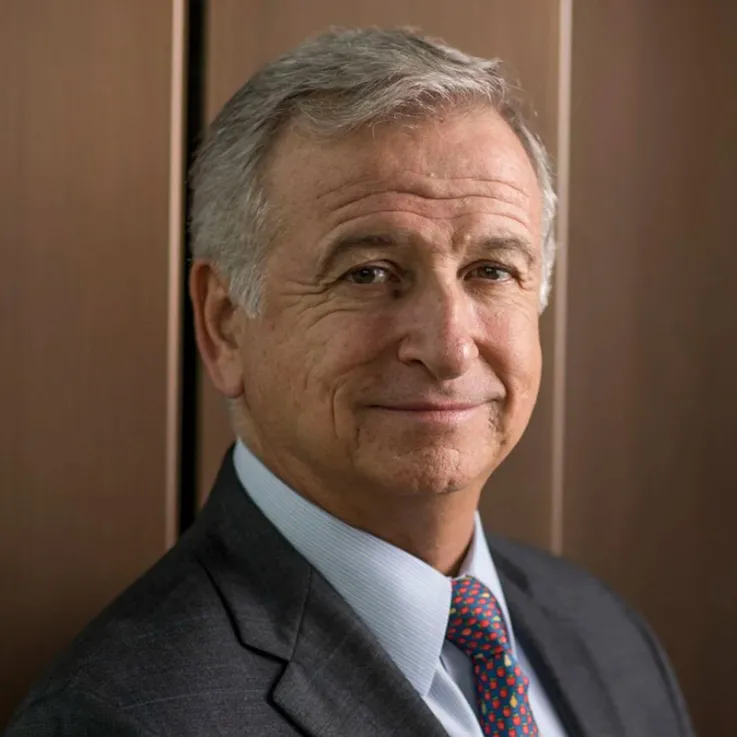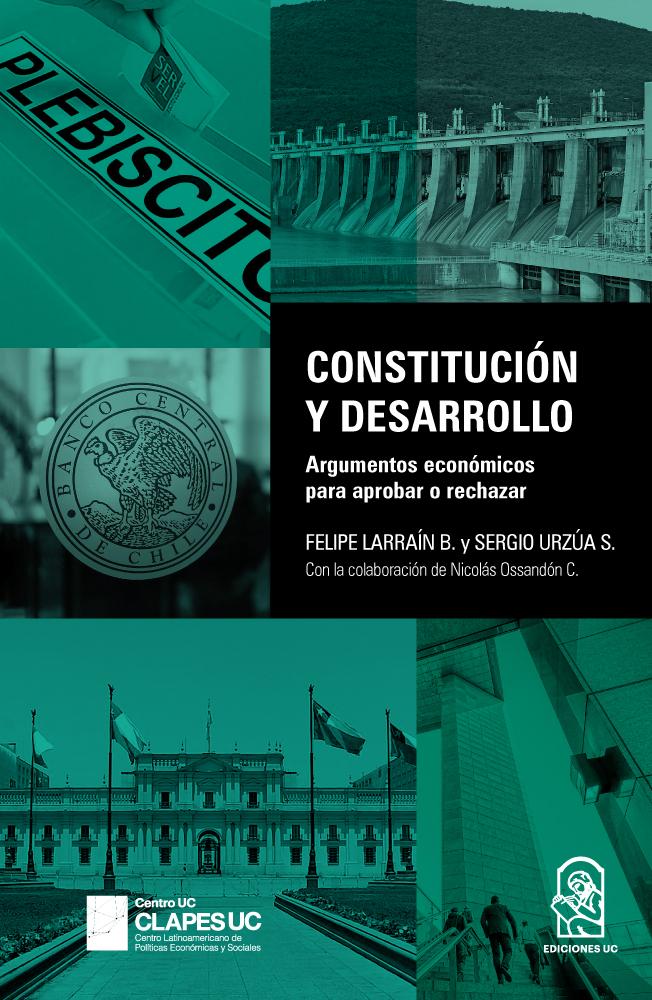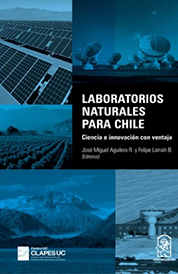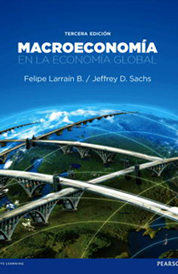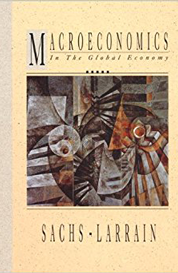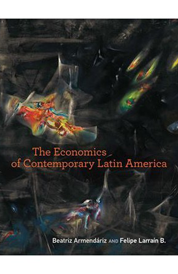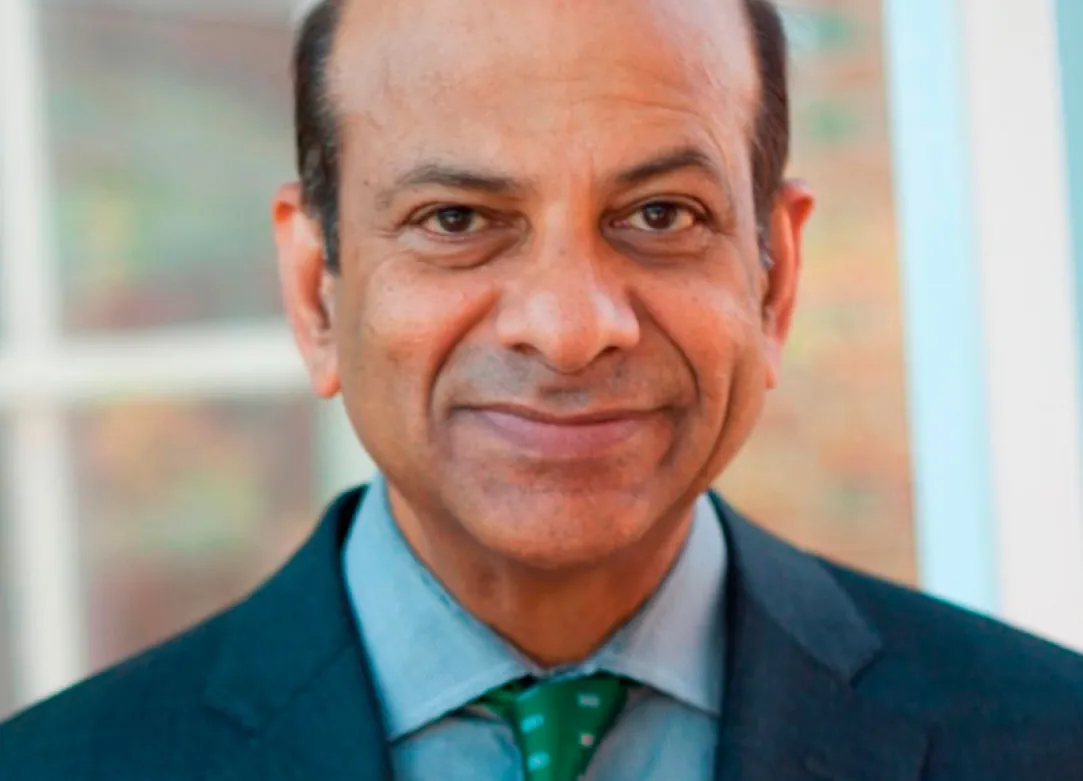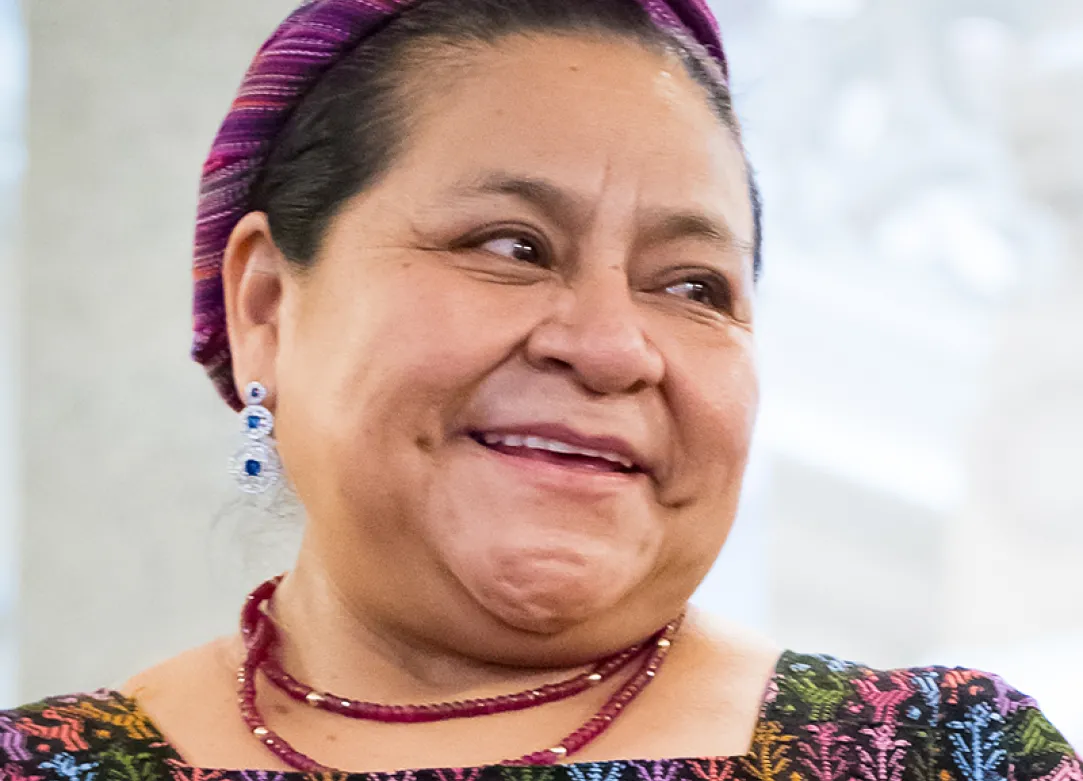Felipe Larraín Bascuñán is currently a tenured Professor at the Universidad Catolica de Chile and researcher at the Latin American Center for Economic and Social Policies UC (CLAPES UC), which he directed between 2014 and 2018. In 2014, he became a member of the UN Leadership Council for the Sustainable Development Solution Network.
He holds a Master’s degree and a PhD in Economics from Harvard University and a BA in Economics from the Universidad Católica de Chile.
He served as Chile's Finance Minister from 2010 to 2014, and then from 2018 to 2019. He was Vice President of Chile in February 2014.
Between 1997 and 1999, he was the Robert F. Kennedy Visiting Professor of Latin American Studies at Harvard University, where he later became Faculty Fellow (2000-2002).
Since 1985, he has been economic advisor to the governments of Bolivia, Canada, Colombia, Costa Rica, Chile, Ecuador, El Salvador, Guatemala, Jamaica, Mexico, Nicaragua, Paraguay, Peru, Dominican Republic and Venezuela. He has also been a Fellow of the World Economic Forum.
He has been a consultant to the World Bank, the Inter-American Development Bank and the International Monetary Fund. He has also served as a consultant and member of the board of directors of several companies in Chile, Latin America, the United States and Europe. Professor Larraín has published 15 books and some 140 articles in specialized journals and books in Latin America, the United States, Europe and Asia. His book “Macroeconomics in the Global Economy”, written with Professor Jeffrey Sachs, has been translated into 10 languages, including German, Chinese, Spanish, Italian, Japanese, Portuguese and Russian.
He has received numerous recognitions and awards, including: Best Sovereign Green Bond Issue 2019; Minister of Finance of the Year of the Americas (The Banker, 2018); he was chosen as one of the 100 most influential world leaders by the Association to Advance Collegiate Schools of Business - AACSB (2015); Best Sovereign Bond Issue 2012-2013 (Latin Finance); Minister of Finance of the Year of the Americas (The Banker, 2010); Minister of Finance of the Year of Latin America (Emerging Markets, América Economía, Latin Finance, 2010-11); Economist of the Year 2010 (El Mercurio).
